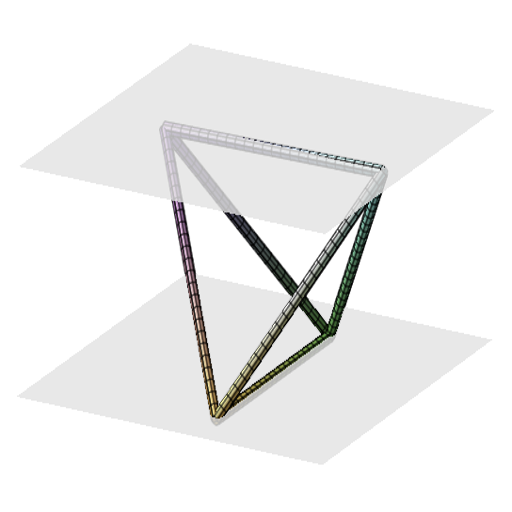So, Jonah is moving and he asked me to write a guest post. Jonah’s recent articles about computing prompted me to write about distributed computing. The question I will answer is: how do you go from computing with a sequential program to computing on many core machines (aka Parallel Computation)? Parallel Computation First of all, what is parallel computation? In a nutshell, parallel computation is the science which allows you to use a many processors to compute faster. You certainly would want to do this if you worked on the stock market where the faster you are at calculating
digital
Electronics / Physics / Science And Math
Flip-Flops and the Art of Computer Memory
It’s a poor sort of memory that only works backwards. ~The White Queen to Alice (Lewis Carroll, Through the Looking Glass) This is the fifth part in my multi-part series on how computers work. Computers are thinking machines, and the first four parts of my series have been on how we teach computers to think. But all of this logic, electronic or otherwise, is useless unless our computers can remember what they did. After logicking something out, a computer needs to remember the result of all that logicking! In this post, I describe how to use the logic gates
Computer Related / Electronics / logic / etc.
The Boolean Circuit and Electronic Logic, Part 2
If the presence of electricity can be made visible in any part of the circuit, I see no reason why intelligence may not be transmitted instantaneously by electricity. ~Samuel Morse This is the fourth part in my multi-part series on how computers work. Computers are thinking machines, but they can’t do this on their own. We need to teach them how to think. And for this, we need a language of logic. In the first part of the series, I introduced this language of logic, Boolean algebra. In the second part, I described how to formulate complex logical statements
Mathematics / Physics / Quantum Mechanics / etc.
Resolution, Fourier Analysis, and The Heisenberg Uncertainty Principle
All the effects of nature are only mathematical results of a small number of immutable laws. ~Pierre-Simon Laplace In my discussion last time (corrections here), I discussed how there is a physical limit to how good a recording can sound, whether vinyl or digital. There is a more fundamental limit, however, that I glossed over—a limit that depends not on atoms or compression techniques, but on pure mathematics. This limit was partially discovered by Jean Baptiste Joseph Fourier, and the method we will discuss bears his name. The Superposition Principle Before we discuss Fourier’s discovery, let’s take a brief
Computer Related / Science And Math
Corrections to Vinyl Records Vs Digital Files
In my previous post, it seems I’ve made some serious errors when discussing the technicalities of music recording, both digital and vinyl. This is not my area of expertise and I apparently did not do nearly enough research. Thanks to Gregor Robinson and Jonathan Griffitts for correcting me. Here are Gregor Robinson’s and Jonathan Griffitts’ corrections verbatum. Thanks to both of you. Gregor Robinson said: There is actually a big difference between lossy formats and lossless digital audio formats (which may be in fact compressed; see FLAC). It’s not just that the sample rate is lower. Lossy compression makes
